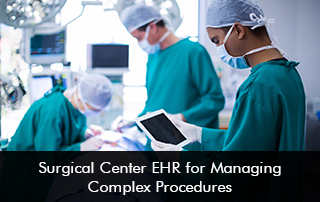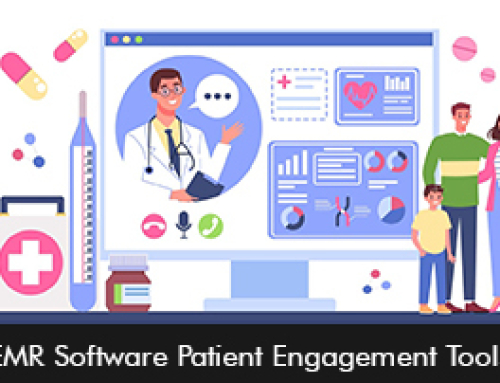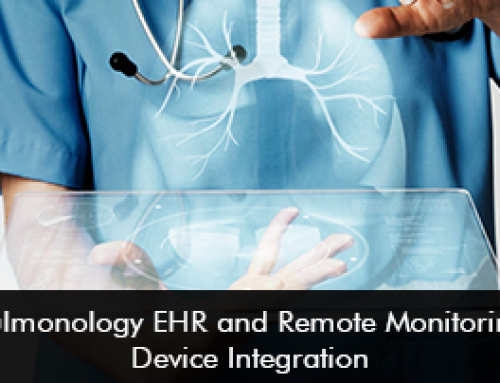The implementation of Electronic Health Records (EHR) systems in surgical centers has become a cornerstone of modern medical operations. These platforms facilitate the accurate documentation of patient data, support seamless communication between departments, and ensure adherence to evolving healthcare regulations. By incorporating features like automated workflows, clinical alerts, and surgical scheduling modules, EHR software contributes significantly to reducing errors and elevating the standard of care in surgical settings.
Key Features Supporting Complex Surgical Procedures
-
Real-Time Data Access
- EHR systems provide immediate access to patient records, lab results, and imaging, facilitating informed decision-making during surgeries.
- This real-time data access minimizes errors and enhances surgical outcomes.
-
Workflow Optimization
- EHR software streamlines pre-operative, intra-operative, and post-operative processes, ensuring seamless transitions and coordination among surgical teams.
- Automated checklists and alerts help maintain adherence to protocols and reduce the risk of complications.
-
Inventory and Resource Management
- Integrated inventory management features track surgical instruments and supplies, ensuring availability and reducing delays.
- Resource allocation tools assist in scheduling operating rooms and staff efficiently.
-
Compliance and Reporting
- EHR systems facilitate compliance with healthcare regulations by maintaining accurate records and generating necessary reports.
- Audit trails and documentation support quality assurance and accreditation processes.
-
Patient Engagement and Education
- Patient portals within EHR platforms provide access to pre- and post-operative instructions, fostering informed participation in care.
- Educational materials and communication tools enhance patient understanding and satisfaction.
Recent Advancements in EHR Software for Surgical Centers
Electronic Health Records (EHR) software has evolved to meet the complex demands of surgical centers in 2025:
- Robotic Surgery Integration: EHR systems now support the documentation and management of robotic-assisted surgeries. This integration enhances surgical precision and allows for detailed tracking of procedural outcomes.
- Real-Time Analytics: Advanced EHR platforms offer real-time data analytics, enabling surgical teams to monitor patient vitals and procedural metrics instantaneously. This capability aids in swift decision-making and improves patient safety.
- Expanded Procedure Listings: The Centers for Medicare & Medicaid Services (CMS) have updated the Ambulatory Surgical Center Covered Procedures List (ASC CPL) to include additional procedures, necessitating EHR systems to accommodate a broader range of surgical documentation and billing requirements.
- Enhanced Compliance Features: Modern EHR software includes robust compliance tracking tools to ensure adherence to regulatory standards, thereby minimizing legal risks and promoting best practices within surgical centers.
These advancements in EMR and EHR technologies underscore the ongoing commitment to enhancing patient care through innovation and integration in healthcare systems.
Top 5 EHR Software for Surgical Centers
-
Surgical Information Systems (SIS)
SIS is specifically designed for surgical environments, offering comprehensive solutions for perioperative management. Its features include scheduling, documentation, and analytics tools that enhance operational efficiency. SIS’s integration capabilities ensure seamless communication across departments, supporting coordinated care delivery.
-
Epic EHR
Epic’s EHR platform is renowned for its scalability and robust features suitable for large surgical centers. It offers modules for surgical workflows, anesthesia management, and post-operative care. Epic’s interoperability ensures smooth data exchange with other systems, promoting continuity of care.
-
Oracle Health EHR (formerly Cerner)
Oracle Health EHR provides comprehensive solutions for surgical centers, including advanced analytics, clinical decision support, and population health management. Its customizable workflows and integration capabilities enhance surgical planning and execution. The platform’s focus on data security ensures compliance with healthcare regulations.
-
athenahealth
athenahealth’s EHR system offers cloud-based solutions that streamline surgical center operations. Features include real-time documentation, billing, and patient engagement tools. Its user-friendly interface and mobile accessibility support efficient workflow management.
-
DrChrono
DrChrono’s EHR platform is suitable for surgical centers seeking customizable and scalable solutions. It offers integrated scheduling, billing, and documentation tools. The platform’s mobile compatibility and telehealth features enhance flexibility and patient access to care.
The integration of EMR and EHR software in cognitive therapy and surgical centers is revolutionizing patient care by enhancing personalization, efficiency, and compliance. By leveraging these advanced digital tools, healthcare providers can deliver more effective and patient-centered services, ultimately improving outcomes and satisfaction.








